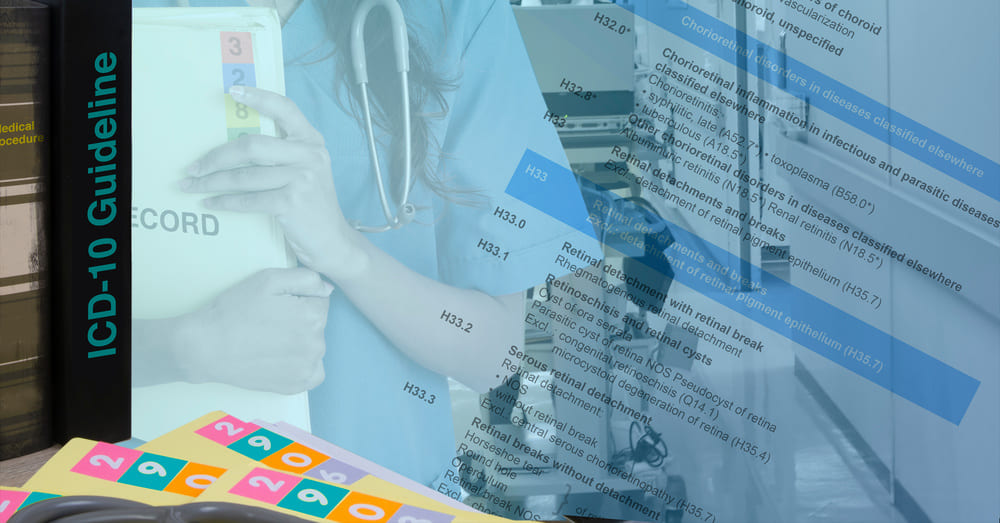
When completing an insurance form to claim for reimbursement of a surgical procedure, it is vital that the correct medical billing codes are used. But what are these codes? Moreover, why are they so important? Read on as we explain all this and more.
What are Medical Billing Codes?
As you are no doubt already aware, medical procedures in the U.S. are very expensive. It is for this reason that insurance is required. The medical centers and practices that provide care to patients require timely reimbursement in order to function efficiently. To do this, they need to know the correct medical codes for each and every clinical procedure and administrative task performed. This is the job of a medical coder.
Find-A-Code (findacode.com) explains that medical billing codes are assigned to various diagnoses and treatments undertaken by medical staff. There will also be unique codes for the various equipment and supplies used as well as any administration tasks such as prescription and report writing. The medical codes are used by those applying for reimbursement through an insurance company. However, patients are also able look up these codes in order to learn more about a diagnosis they might have been given.
Why Are Medical Codes So Important?
Coding is a massive part of the medical industry and a particularly important one. This vital process is required to ensure that the correct procedures are billed, and that the medical facility receives prompt payment for services rendered. Without the correct coding on an insurance form, payments will be delayed, which would inevitably have a knock-on effect. It could result in cash-flow problems, which would then compromise patient care.
Incorrect medical coding can also result in claims being denied or even be in violation of the HIPAA (Health Insurance Portability and Accountability Act), which then raises the prospect of a lawsuit. Furthermore, when a claim needs to be resubmitted, insurance companies often only make a partial payment.
How Does Medical Coding Work?
The process of medical coding is typically undertaken by a medical coder, who will do quite a bit of training before being ready to decipher a patient’s file.
Upon receipt of a patient’s medical file, the coder will need to translate the information provided into the relevant coding required by the insurance company. To ensure that the insurance company is billed correctly, the coder will need to include every single code that relates to medical procedures, diagnoses, medical equipment used, and administration tasks.
How Do You Become a Medical Coder?
Medical coding is a specialized job that will require a knowledge of tens of thousands of codes relating to medical procedures. Those who train in this field are likely to need to know a range of codes, including CPT and ICD codes (among many others).
In addition to being familiar with the variety of medical codes though, the coder will also need to learn the rules and policies of the various insurance companies, as well as a plethora of medical terms and procedures.
In some instances, medical coders can gain employment in the field with a high school diploma, as long as they have coding experience. However, for most medical coding jobs, the successful candidates will need to have either an associate or bachelor’s degree in a medical related field. You will have an advantage when applying for such positions if you have completed coursework in classes such as anatomy, physiology, or medical terminology. Another advantage would be a certification in medical coding, although this is not usually a necessary requirement when applying for such a position.
As you can see, the work of a medical coder is vitally important to hospitals and medical facilities.

